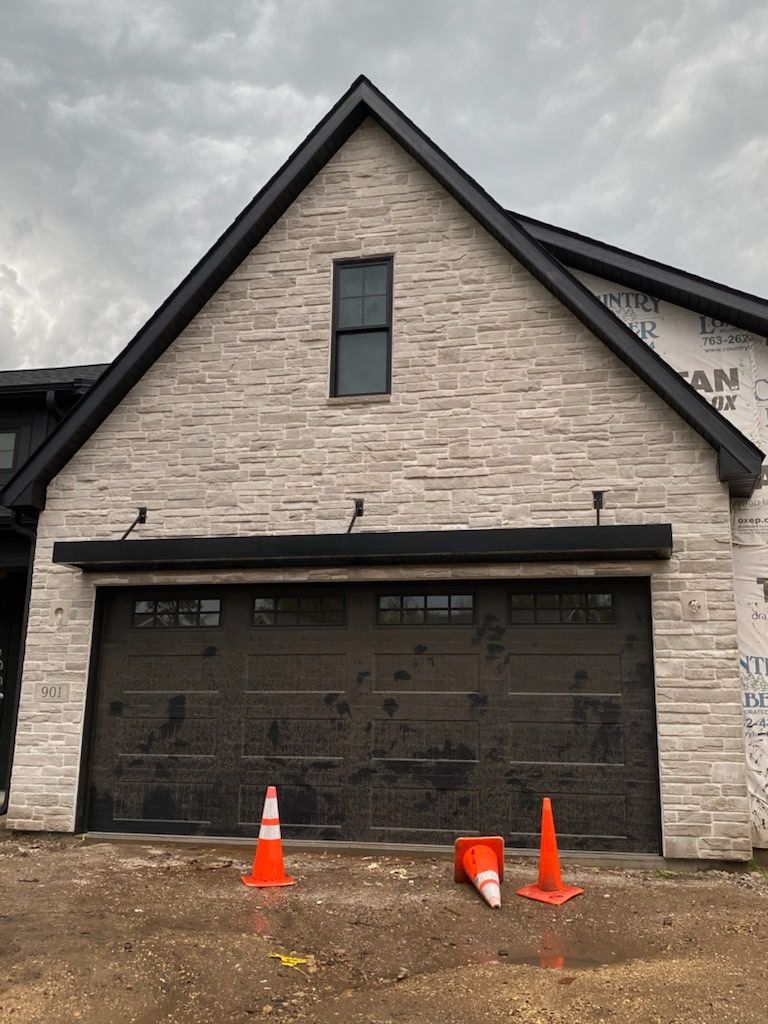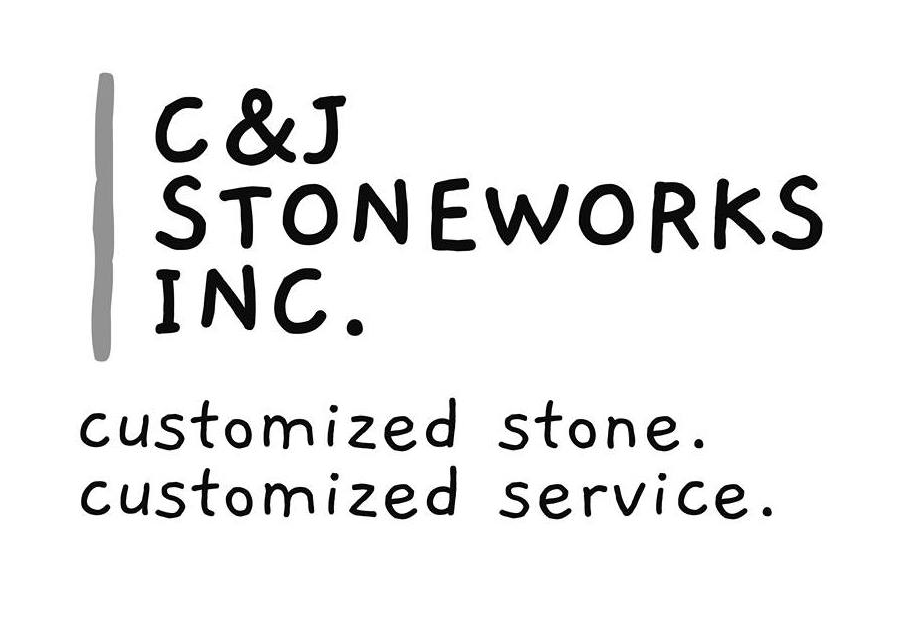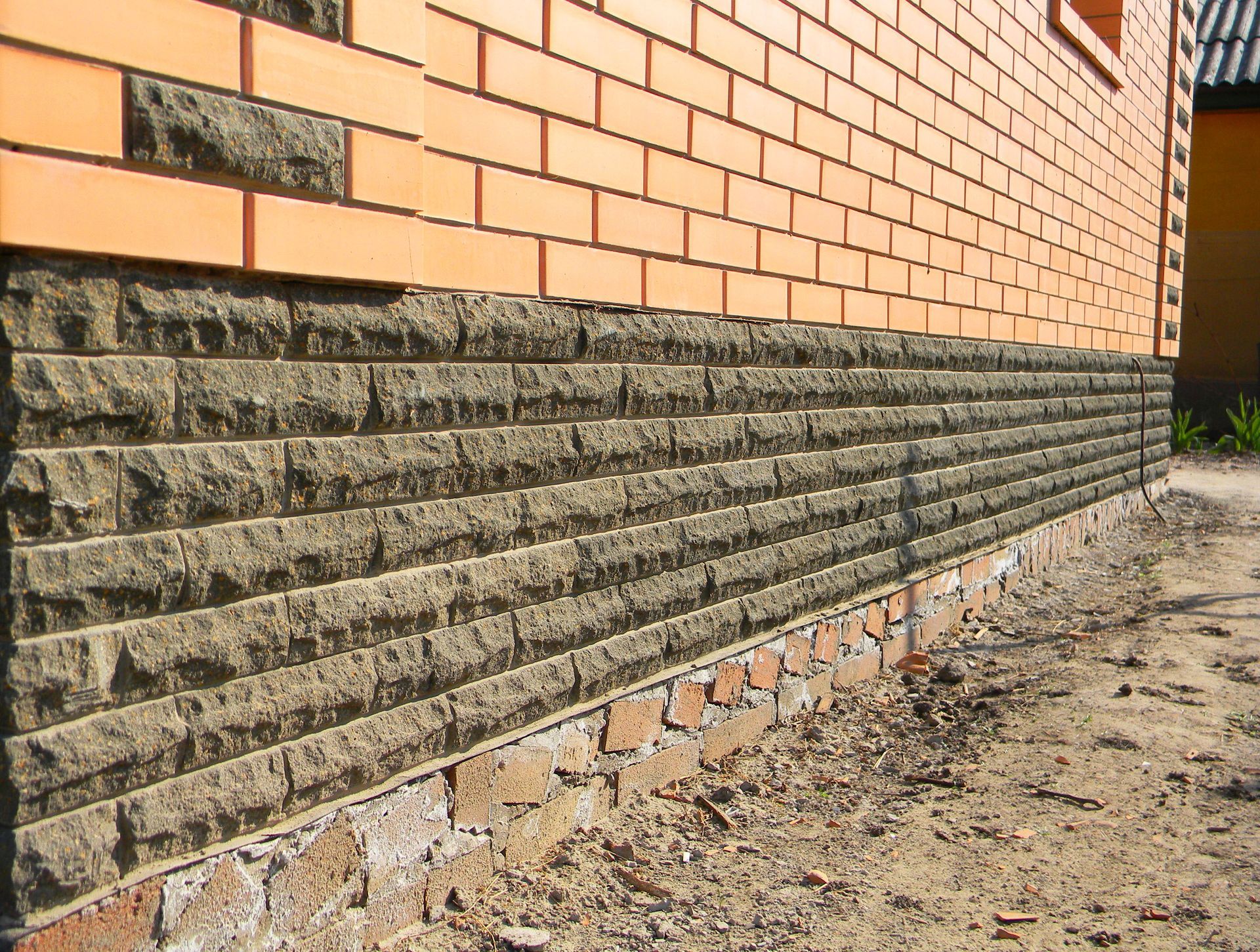October 1, 2025
Choosing the right masonry contractor can make a world of difference in the quality and durability of your construction project. Whether you're planning a new build or repairing an existing structure, the expertise of a skilled mason is invaluable. This article outlines three essential tips to guide you in selecting a contractor who suits your specific needs. With a variety of options available, it's crucial to understand the elements that define superior masonry work for the success of any project. The decisions made at this phase will impact the aesthetic appeal and structural integrity of your space.
1. Understand Your Project Needs
1.1 Identify the Scope of Work
Identifying the scope of work for your masonry project is a critical first step. Whether you’re building a small garden wall or constructing a large-scale structure, the scope defines the tasks and objectives involved in completion. This understanding helps in clearly communicating your vision and needs to a contractor. Detailed knowledge here ensures that all elements are accounted for, preventing costly changes or delays. Defining the scope strengthens your bargaining position when talking to a masonry contractor, ensuring transparency throughout the process.
1.2 Determine Budget Constraints
Budget constraints play a significant role in the planning phases of construction. Assessing how much you are willing to spend provides boundaries that prevent over-expenditure. It can also control quality by prioritizing essential features over less critical ones. Financial planning should cover not just construction but also unexpected expenses that may arise. Having a well-defined budget aids in a smoother hiring process for contractors, allowing you to filter out options that are beyond your financial reach.
1.3 Define Timeline Requirements
Another crucial factor in planning is understanding the timeline for your project. Evaluating the urgency and phase-wise completion can help manage expectations with your contractor. Aligning on deadlines early ensures that both parties work towards shared milestones, minimizing disruptions and misunderstandings. It also protects against potential financial penalties that may arise from delayed completion. Timelines provide a structure that orchestrates various aspects like financial planning, resource allocation, and labor efficiency.
1.4 Specify the Types of Masonry Services Needed
Different projects require varied masonry services. From bricklaying to stone veneer, understanding what type of service your project demands will help in choosing a specialized contractor. Factors like load-bearing requirements, aesthetic goals, and structural challenges should influence your decision. Recognizing the burgeoning natural stone market, which according to OpenPR.com is projected to grow from $42.04 billion in 2024 to $43.69 billion in 2025, makes choosing the right service all the more pivotal. Accurate service identification allows for a more customized approach, enhancing quality while adhering to budget constraints.
1.5 Establish Material Preferences and Specifications
Your choice of materials significantly impacts both the aesthetic and functional aspects of your project. Understanding your preferences and the specifications of each material helps in aligning with suitable contractors. Different materials offer various benefits and challenges, from durability to maintenance requirements. The expanding natural stone market signifies a rise in both preference and availability, emphasizing the need to understand material options thoroughly. This knowledge lays the groundwork for effective communication and expectation management with your chosen masonry contractor.
2. Research Potential Contractors
2.1 Review Online Ratings and Feedback
Online reviews and ratings provide invaluable insights into a contractor's reliability and service quality. Reading through customer feedback helps gauge user satisfaction and identify patterns in service delivery. Trustworthy platforms and review sites offer an objective perspective on past project successes and faults. With high competition, contractors are increasingly transparent, aiming for good digital reputations. This collective information complements firsthand research, offering a broadened view of viable candidates for your project’s success.
2.2 Ask for Personal Recommendations
Personal recommendations serve as powerful tools during the contractor selection process. Consulting friends, family, or colleagues who have undertaken similar projects provides trusted referrals and avoids possible pitfalls. Recommendations often reveal insights previously overlooked, such as contractors' adaptability to custom requirements or specific material expertise. Networking in professional circles can also yield promising suggestions, along with firsthand assessments of completed work. Complementing online research with personal recommendations builds a strong foundation for decision-making.
2.3 Look for Licensed Professionals
Licensing is a critical factor when assessing the credibility of potential contractors. Licensed professionals have met specific criteria and uphold standards that unlicensed counterparts might not follow. Verification ensures authenticity and protects against legal repercussions in case of disputes or malfunctions. Licensing varies by location but typically involves a blend of education, experience, and formal examinations. Engaging licensed contractors brings peace of mind and reflects a commitment to quality and industry-standard practices.
2.4 Verify Certifications and Credentials
Certifications and credentials corroborate a contractor's expertise in the field. These endorsements often involve rigorous training or proof of proficiency in specialized areas of masonry. Confirming the validity of these credentials ensures alignment with your project requirements. Moreover, certifications indicate a proactive approach to staying abreast of industry developments and emerging technologies. Hiring a masonry contractor with relevant certifications provides assurance of quality workmanship and professionalism, both crucial for project success.
2.5 Examine Contractor Portfolios
Reviewing a contractor's portfolio provides real-life illustrations of their skill and capability. A diverse portfolio showcases versatility, indicating familiarity with different project scales and complexities. Visual evidence from previous works aids in assessing the quality specific to your project's demands. Understanding past successes helps evaluate how well the contractor aligns with your project's scope, timeline, and aesthetic preferences. A well-presented portfolio reflects not only technical skills but also a contractor's attentiveness to client vision and satisfaction.
3. Evaluate Contractor Experience
3.1 Assess Years in Business
The length of time a contractor has been in business often correlates with their level of experience and reliability. Longstanding businesses typically demonstrate a history of customer satisfaction and adaptability to evolving technologies. This experience equips them to anticipate potential challenges, offering comprehensive solutions. However, it's important not to discount newer companies, as they might bring fresh, innovative perspectives. Evaluating this balance ensures that you are investing in a contractor who complements your project ethos and requirements.
3.2 Identify Specialty Areas in Masonry
Contractors with specialized expertise can provide suitable solutions tailored to specific needs. From natural stone to brick or concrete, understanding their specialty areas assures alignment with your material choices and project goals. This expertise is crucial, especially given the growth in sectors like the natural stone market, projected to reach $43.69 billion by 2025, as highlighted by OpenPR.com, highlighting increased usage and preference. A specialization can significantly contribute to quality, providing assurance that contractors understand the nuances and best practices unique to specific materials. Collaborating with a specialist means entrusting your project to a masonry contractor who has targeted skills for optimal execution.
3.3 Review Past Project Successes
Analyzing past project successes offers concrete evidence of a contractor's proficiency. A proven track record signifies consistent performance and reliability. Successful past projects exemplify the contractor's ability to deliver under varied conditions and constraints. Testimonials, case studies, and documented projects provide transparency, enabling you to make informed comparisons and judgments. Celebrating past successes in your decision-making confirms the contractor's capacity to meet your project's unique demands efficiently.
Choosing the right masonry contractor involves careful consideration of various factors such as expertise, reliability, and alignment with your project goals. By following these three essential tips, you can ensure a partnership with a contractor who not only meets your needs but also contributes to the success and longevity of your project. Engaging with informed decisions fosters quality outcomes, paving the way for constructions that stand the test of time. As the industry evolves, staying receptive to these guidelines ensures your project remains both reliable and cutting-edge. Through diligence and strategic choices, your construction goals translate into tangible, enduring realities. If you need a reliable masonry contractor, make sure to contact C & J Stoneworks Inc today!




